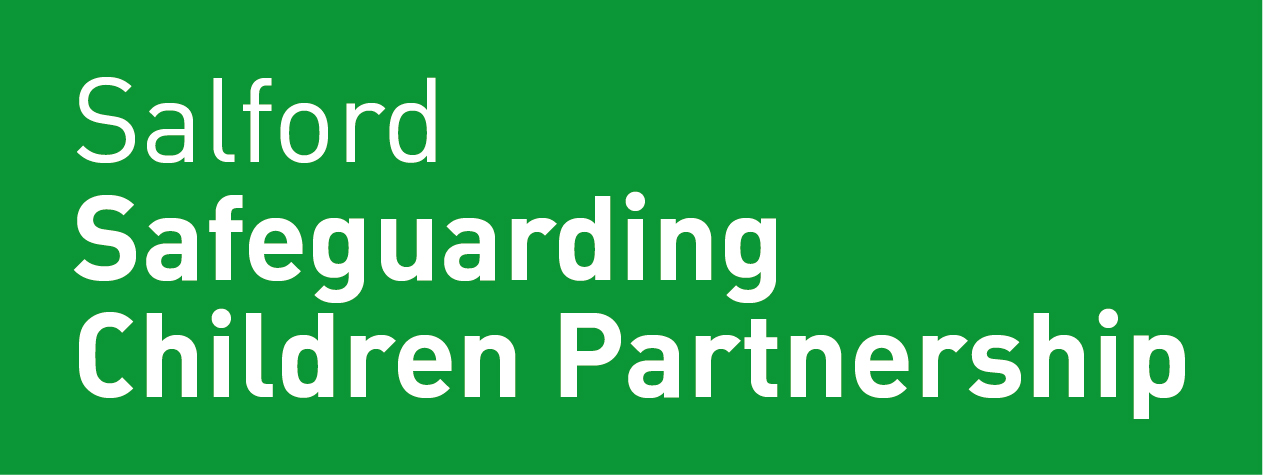The Contextual Safeguarding Network has published several short videos which provide an overview of contextual safeguarding, what it means in practice for different social contexts and the principles of contextual safeguarding. Video's and training and resources for schools around CSE, CCE, Modern Slavery & Human Trafficking and Cuckooing can be found on the SSCP Child Exploitation page.
Child Financial Exploitation – A rising trend: More and more young people are finding themselves victims of financial exploitation by being groomed online to open bank accounts and launder criminal money. The Childrens Society provide more information on young people as victims of financial fraud and other forms of exploitation.
Children at risk - Exploitation can affect any child but there are some children who may be at greater risk than others.
Cared for Children– these children may be particularly vulnerable because of the situations and experiences that led to them to being brought into care. They may also be impacted by being in care, particularly if they are placed in a new environment away from their normal support networks, or out of area.
Children who have been excluded from school or are in alternative provision– young people may feel disenfranchised which can make them an easy target for perpetrators. Short timetables or no schooling can also offer opportunities for exploitation. At times, a young person may also be experiencing grooming which leads to disruptive behaviour and then exclusion.
Children living in poverty – who may be groomed through offers of material possessions or for money for themselves or their family due to financial concerns.
Children with special educational needs and disabilities – this may be due to increased vulnerabilities but also due to not recognising exploitation, or not being able to access support.
Children who are not UK citizens or do not have immigration status – the precariousness of their immigration status is an additional vulnerability that enables gangs to target them.
Family connection – some children have family members who are involved in criminal activity and therefore fall into exploitation through running errands to support their family. In other cases, young people’s families are threatened if the young person does not cooperate with perpetrators.
Young people not already known to authorities - who may be from affluent backgrounds and not deemed as ‘vulnerable’. Gangs are increasingly targeting these groups because they are under the radar and less likely to attract attention from authorities.
Children with poor mental health and wellbeing – children and young people with poor emotional wellbeing, low esteem, have experienced bereavement or are being bullied are also more likely to be vulnerable.
Children in proximity to an exploiter – children and young people who have none of the above factors but are in proximity to someone who is seeking to exploit children.
Further resources can be found below:
The Youth Advisory Panel of the Safer Young Lives Research Centre (SYLRC) has created a resource booklet for children and young people on contextual safeguarding and dangers outside the home. This resource is also designed for professionals that work with children and young people to use as a tool to facilitate discussion about safeguarding in an age-appropriate way.
A national review was undertaken by the Child Safeguarding Practice Review Panel. The review 'It was hard to escape' (2020) focused on 21 children from 17 local areas who died or experienced serious harm and whose cases were notified to the Panel between July 2018 and March 2019. Permanent exclusion was seen by practitioners and families as a trigger for significant acceleration of the risk of criminal exploitation.
Programme Challenger is Greater Manchester’s partnership response to serious and organised crime. They are made up of many different agencies, who all work together to disrupt and dismantle individuals and networks committing serious crime in Greater Manchester, including running drug lines, exploiting people for financial gain, buying, and using firearms, and laundering the money they make from their criminality.

